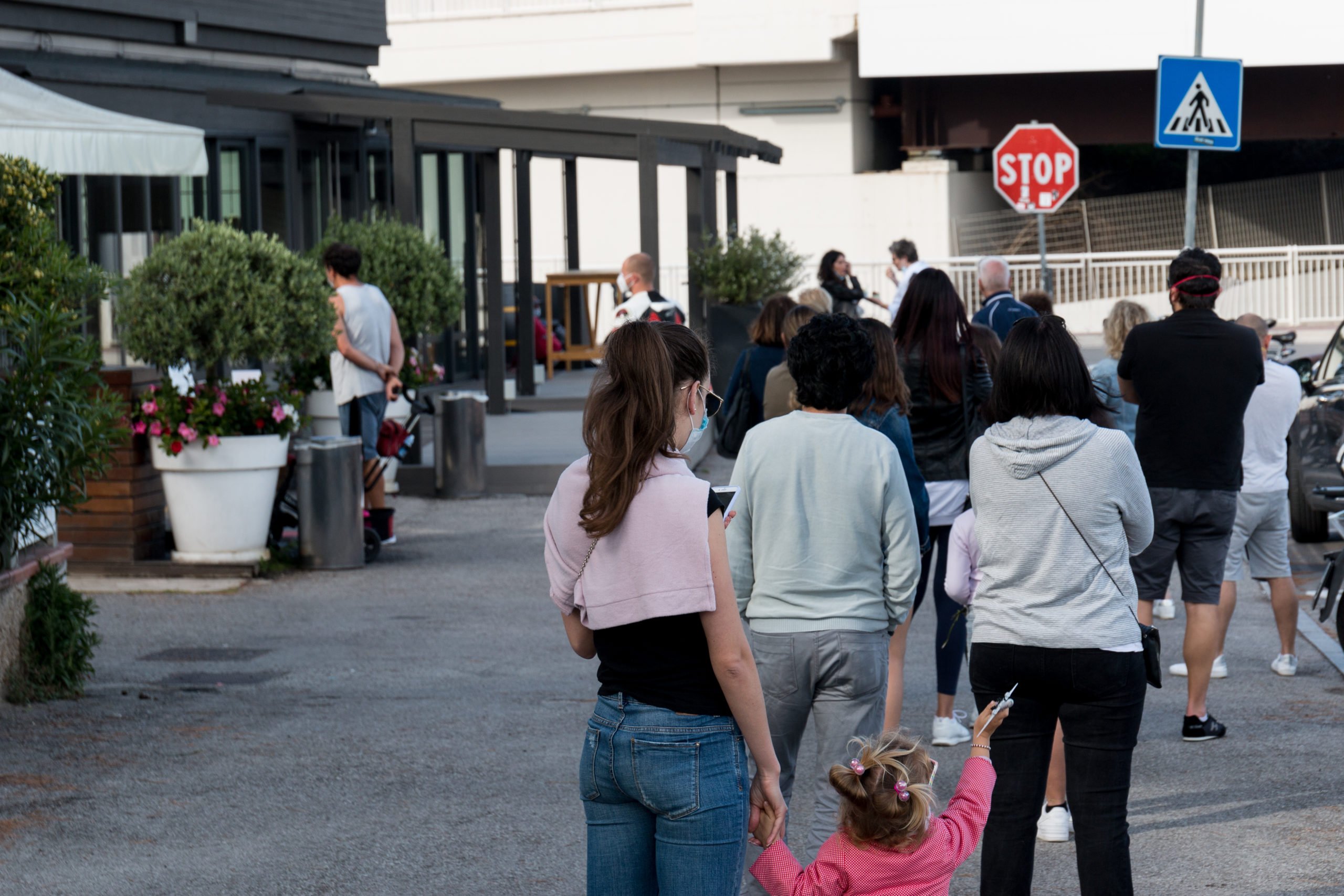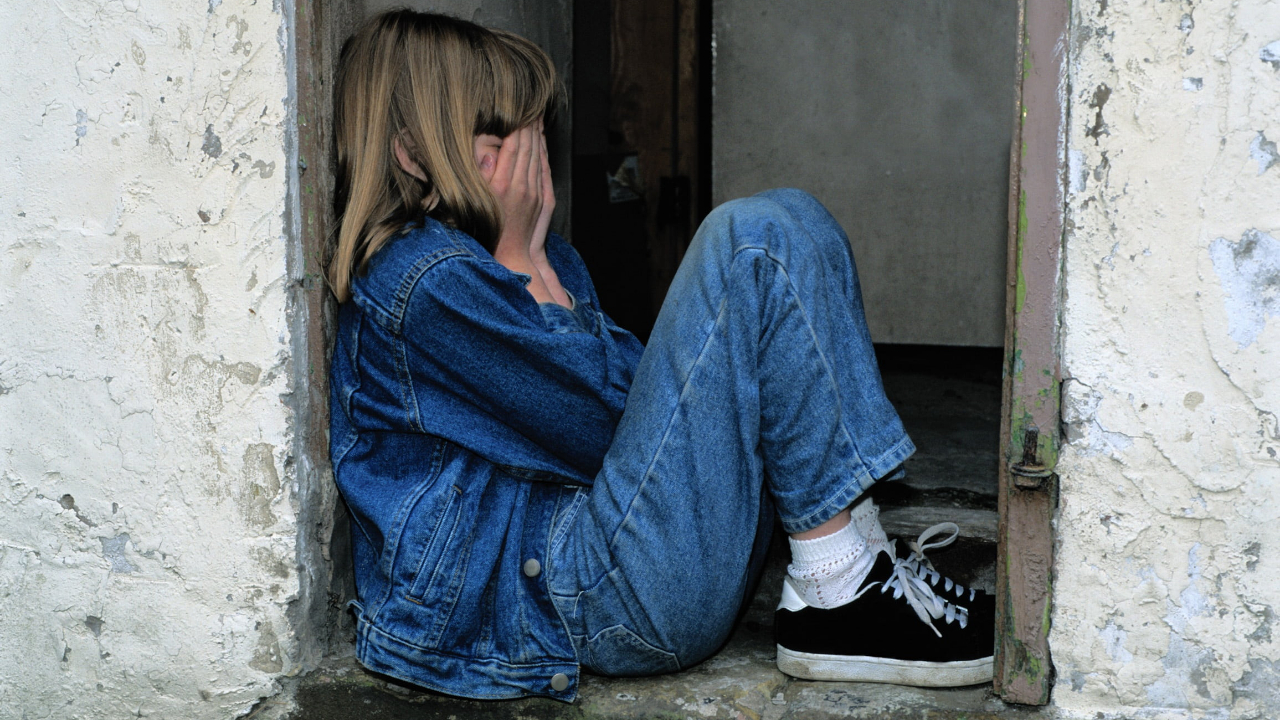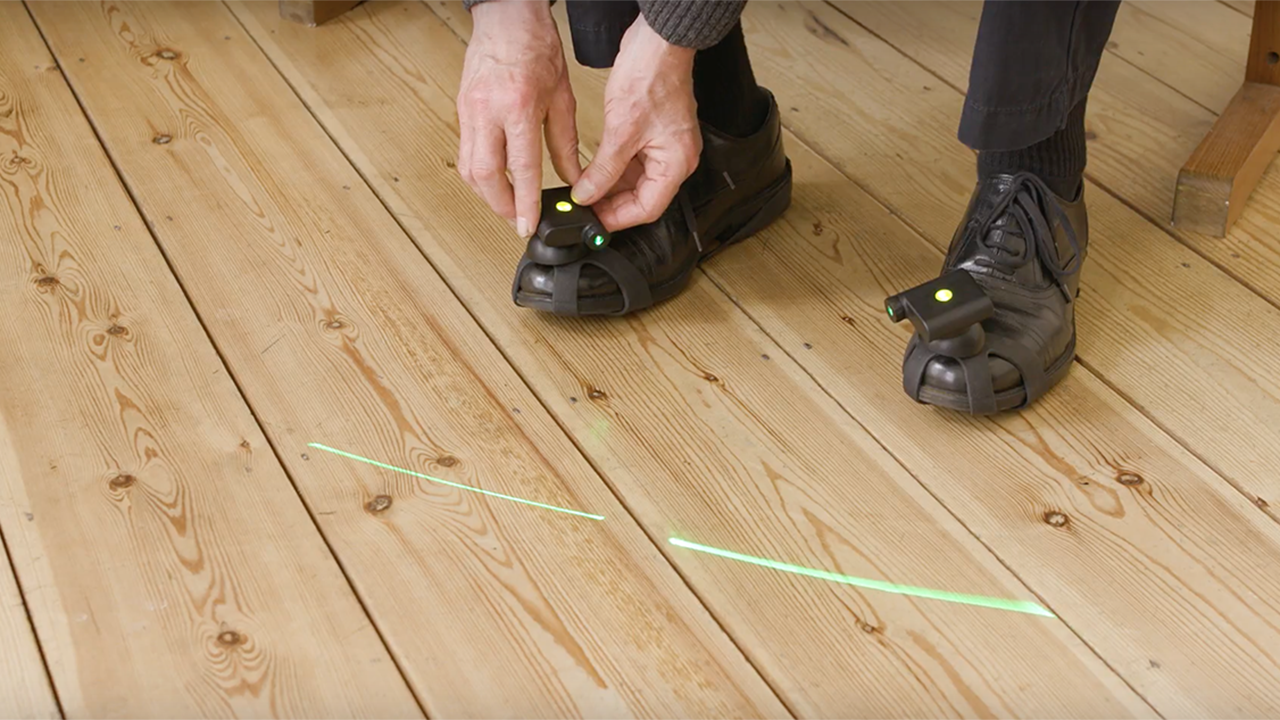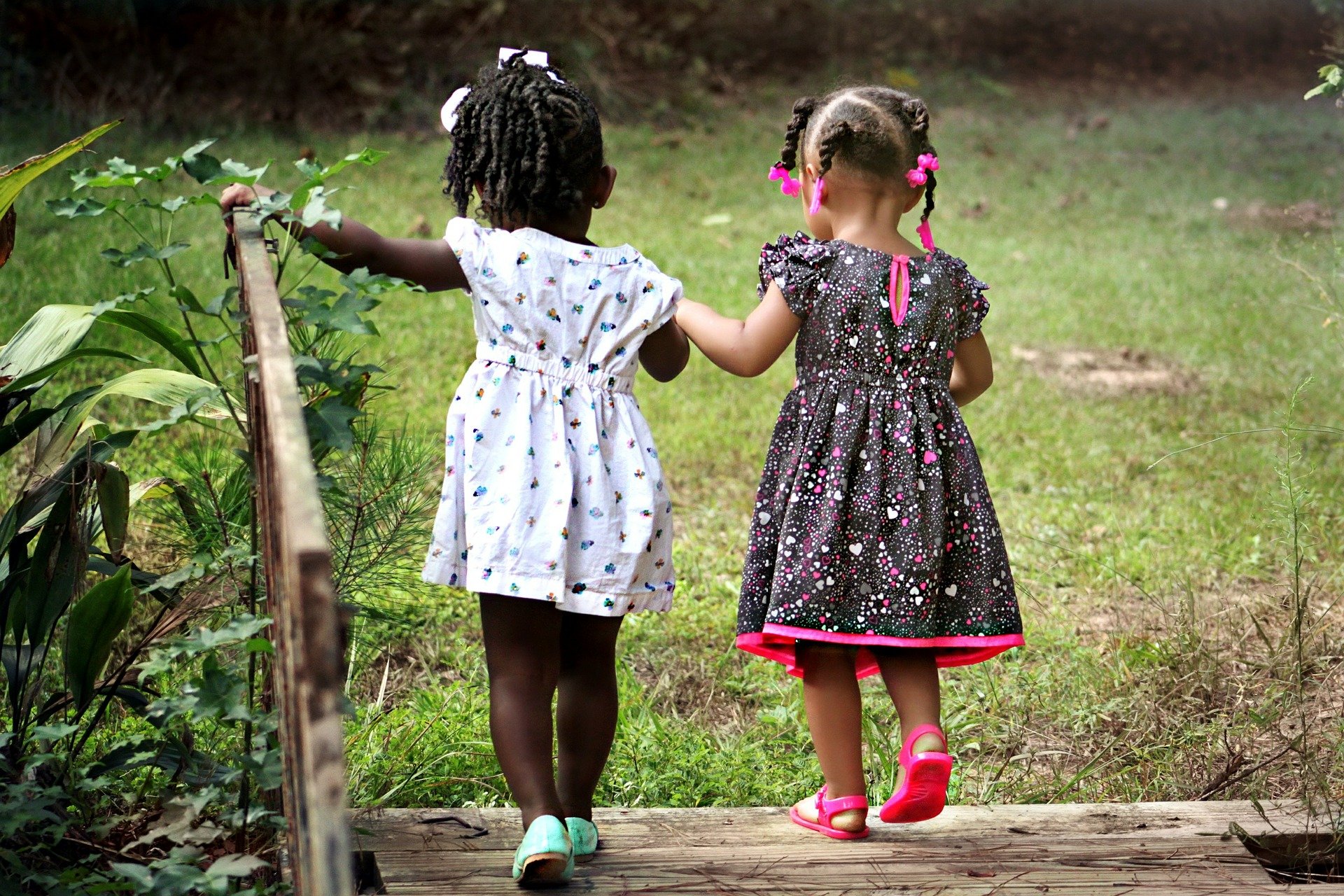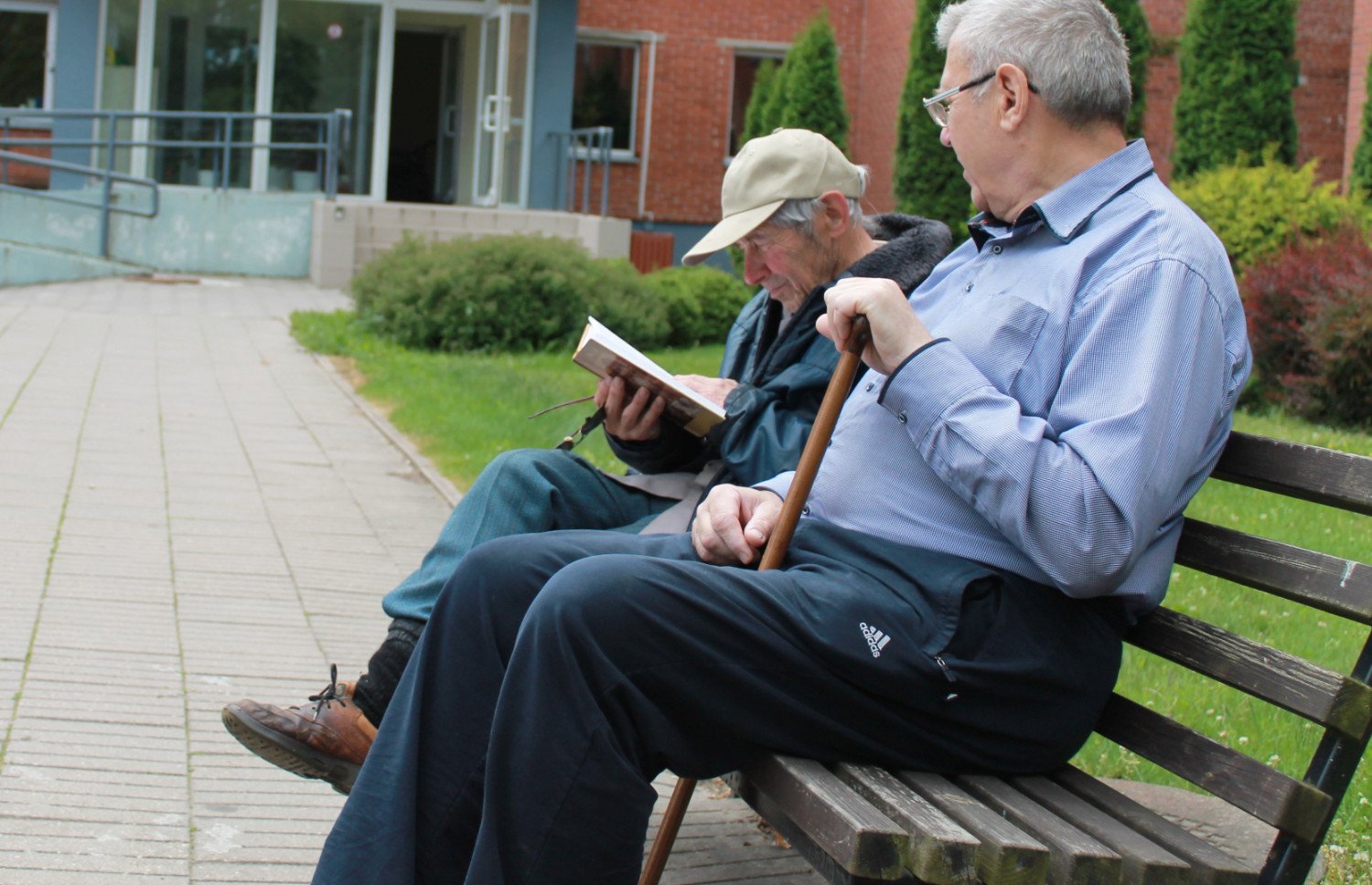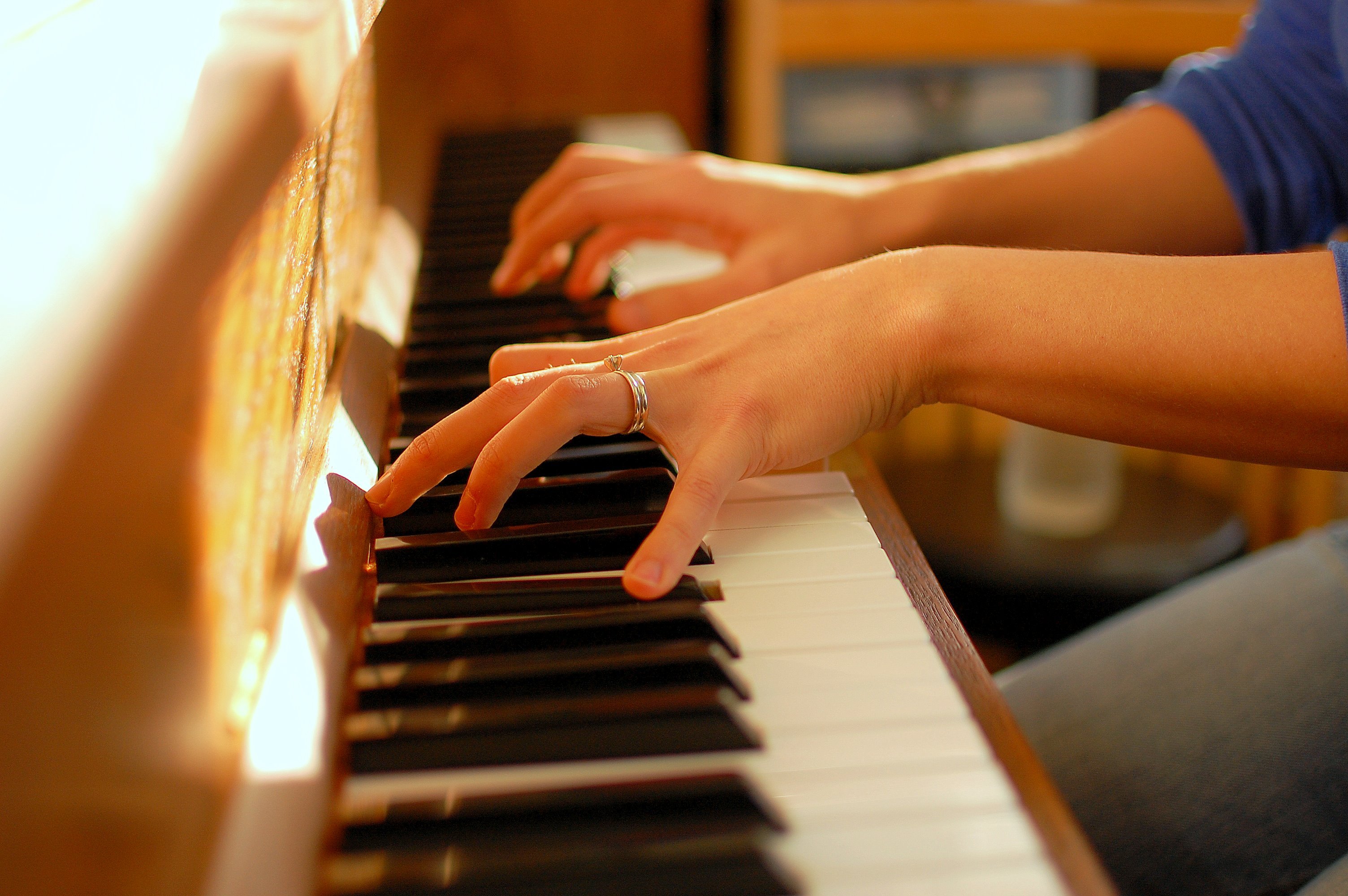‘Encoding the same biases’: Artificial intelligence’s limitations in coronavirus response
As the coronavirus pandemic endures, the socio-economic implications of race and gender in contracting Covid-19 and dying from it have been laid bare. Artificial intelligence (AI) is playing a key role in the response, but it could also be exacerbating inequalities within our health systems – a critical concern that is dragging the technology’s limitations … Read more

